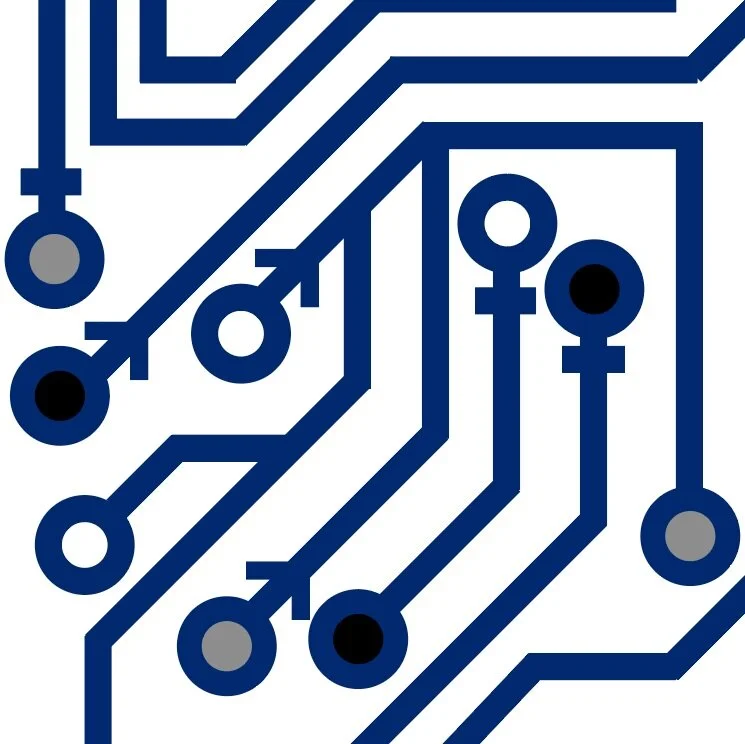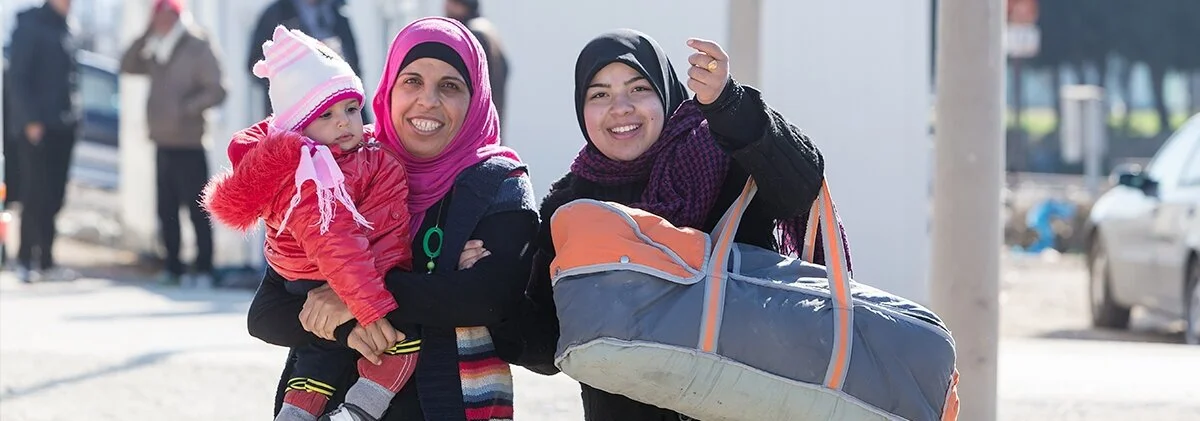
In 2019, amid what many view as an ongoing upheaval affecting our democratic institutions, our modes of communication, and our collective sense of truth and falsehood, The American Assembly redoubled and refocused its effort to investigate, understand and reinforce the levers of democracy and trust in our society.
The American Assembly’s Democracy and Trust Program explores the forms of trust on which modern democratic societies depend and the concomitant crises of trust in our current moment. The program has a broad remit, encompassing the changing conditions of trust (and mistrust) in our people, our institutions, and in science and expertise. It supports research and programs that seek to better understand how trust emerges and is sustained, as well as how it can be fortified where it is weak. The program also leverages The American Assembly’s long history of convening expertise to address the nation’s increasingly complicated social and political problems. We recognize today that it is through both interpersonal and online platforms that trust in institutions and community is forged and mistrust is fomented. Our Democracy and Trust initiatives reflect this fact and will further explore the potential for productive discourse in this new era.
Future work will retain this breadth and openness to new ideas while focusing on innovative ways to impact public conversations. Explore our grant and internally funded projects below, which will continue to expand in the years to come.
Projects
Assembling Voices provides paid fellowships to artists, writers, scholars, journalists, performers, activists, and others to conceive and develop public initiatives that bring people together and enhance trust in American society. No experience or educational requirements necessary to apply.
We Be Imagining is a 10-part multimodal series of public programming that infuses academic discourse with the performance arts in order to foster critical conversations around race, gender, class, and disability.
The Mellon-Sawyer Seminar on Trust and Mistrust of Science and Experts will bring together scholars from multiple disciplines, engaging the Columbia community and the surrounding public in productive discussion on issues of trust and mistrust, in the form of reading groups, public forums, and workshops.
The Columbia University Privacy Lab (“c/privacy lab or “cpl”) helps communities collectively advocate for privacy; poses technical and sociological questions around user privacy and rights, connected to broader themes of democracy, transparency, and public trust; teaches skills for protecting privacy in digital, educational/campus, and community spaces; and provides space for reciprocal learning opportunities, building trust and creating accessible ways of understanding digital privacy and its far reaching socio-political consequences.
The nearly yearlong Challenges and Opportunities in 2020 Election Series is a forum for academics, journalists, and others to comment on the issues at stake in the 2020 presidential election, and related topics front and center in American politics and society.
Workers’ Health on the Line addresses questions of how we can viably build and sustain trusted communities, and how we can rebuild the capacity of individuals to organize and represent themselves by evaluate the impact of a new form of online organization—facilitated support groups—on the health of individuals working in precarious low-wage retail jobs.
The Democratizing Machine Learning project represents an attempt to define the boundaries, first principles, and essential characteristics of truly democratized machine learning, and to set forth protocols for protecting privacy and minimizing the harmful effects of bias.
This project aims to build a mobile app to address the rising threat of fake news on the popular messaging network WhatsApp, used by nearly 1.5 billion people worldwide, a majority of whom come from low-to-middle income countries in Asia, Africa, and Latin America.
Until November 2020, Becoming an Issue will conduct conversations to learn what Americans think acting on climate change means in practice. The goal is to learn more about how elections succeed and fail in reshaping publicly recognized lines of action.
The Civic Assembly is a pilot process for strengthening the feedback loops between citizens, civic groups, elected leaders, and local media in communities.
The American Assembly awarded a grant to ASPIRE (Advancing Solutions in Policy, Implementation, Research and Engagement for Refugees), an initiative that takes a multidisciplinary approach to responding to the Syrian refugee crisis, for a 10-day “dissemination event” centered around its recently completed Women ASPIRE study.











